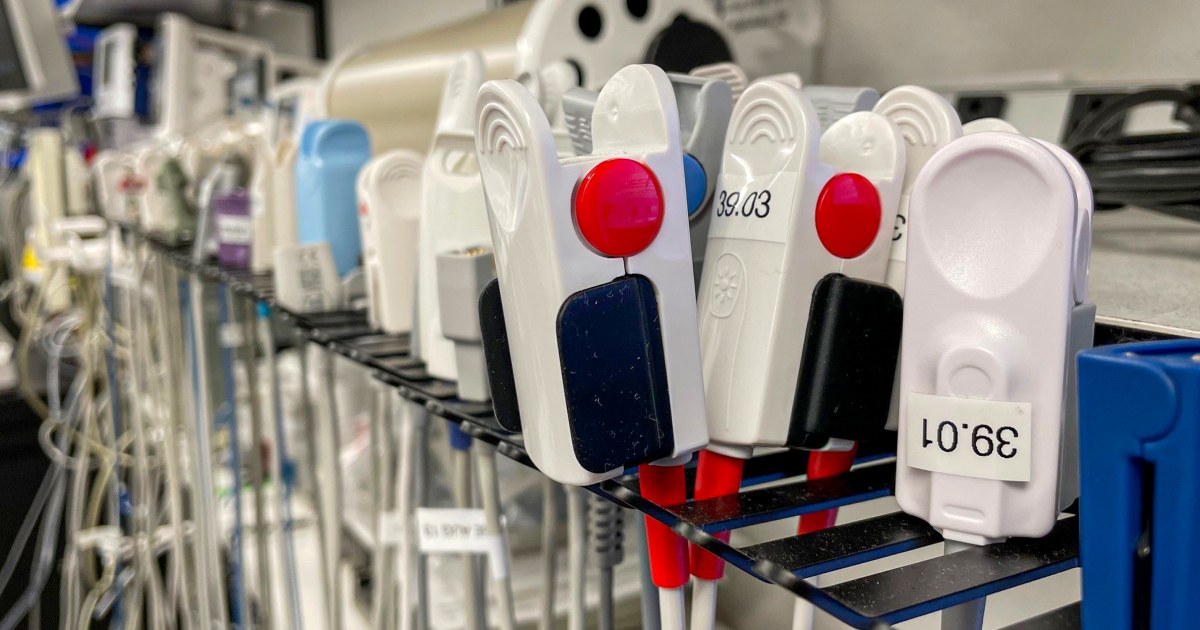Tomisa Starr, a 61-year-old woman from Sacramento, California, faced skepticism from doctors about the accuracy of pulse oximeter readings in Black patients. This issue is not unique, as studies have shown that these devices may not work as well on people with darker skin tones, potentially leading to false readings. Despite the known racial disparities with pulse oximeters, little has been done to address the issue until recently. The FDA issued draft guidance for manufacturers to expand skin tone varieties in testing their devices, aiming to show they work equally for all skin pigments.
Pulse oximeters, which measure oxygen levels in the blood, have been known to show higher oxygen saturation levels in Black and brown individuals, even when they may be struggling to breathe. This discrepancy in readings has significant implications for medical treatment, potentially affecting decisions about hospitalization or supplemental oxygen therapy. Research has found that unreliable pulse oximeter readings may limit Black patients’ access to advanced therapies, impacting their chances for heart pumps or transplants.
Recent studies have shed light on the biases in pulse oximeter readings and the impact on patient care. Manufacturers have been urged to conduct more inclusive testing to ensure the accuracy of these devices across different skin tones. While ongoing research aims to understand the underlying reasons for these disparities, patients like Tomisa Starr continue to rely on pulse oximeters despite the potential for inaccurate results. Health care providers and experts are calling for swift action to address this issue and ensure equitable access to reliable medical technologies for all patients, regardless of race.
Photo credit
www.nbcnews.com




